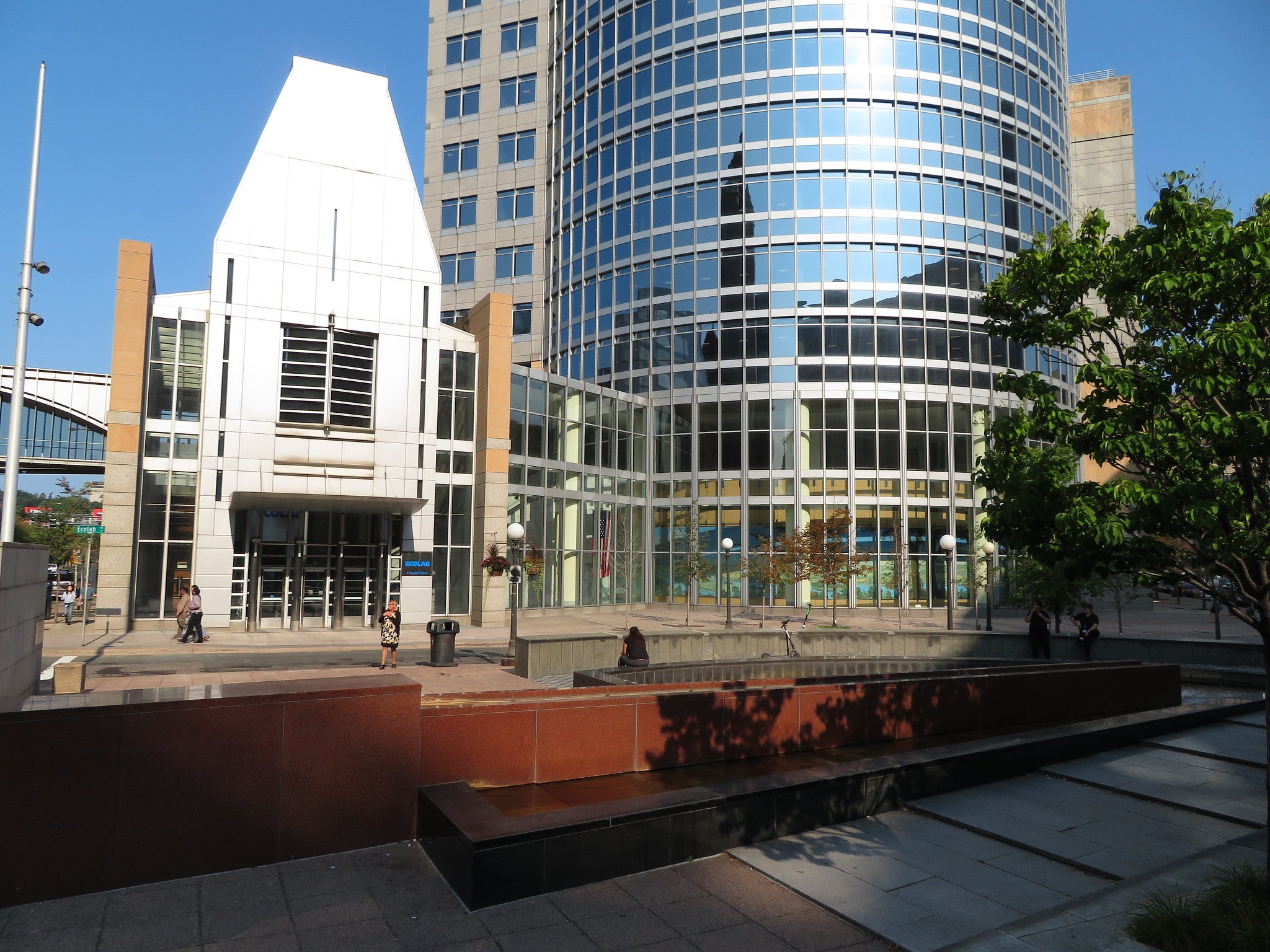
US firm Ecolab has successfully used mixed reality to improve the cooling systems of what it calls “one of the largest independent midstream energy infrastructure companies in the US”.
The company, which traditionally operates in water, hygiene, and infection prevention solutions, has invested considerably in new and emerging technologies for use in a range of sectors, with over 9,400 patents on its books and 16 global technology centres. Its latest solution consists of a headset providing a mixed reality overlay to the user, who can transmit visual images to a team of engineers working remotely, enabling a single employee to benefit from the expertise and input of a number of technical specialists.
At sites across the company’s facility, the team installed a number of Ecolab’s PURATE chlorine dioxide generators. This gas is a key material in eliminating microbes that can impede water-based cooling systems used in power plants and is safer and more effective than other forms of microbe management, such as chlorine gas and ozone.
“Digital technologies like mixed reality will have a transformative effect in the energy sector,” said Steve Kramarczyk, corporate account manager for Ecolab’s global heavy division, of the importance of combining technologies that are both safe and effective. “Not only will companies that embrace them be able to perform major equipment installations, they will be able to better assess risk, monitor their operations, and improve their efficiency.”
The process took around one and a half day per installation, and Ecolab called the results “near instantaneous”. Such a speedy process is of no small importance in an energy industry that is undergoing rapid change as the Paris climate targets loom large.
Kramarczyk also noted that the process is suitable amid the more recent challenges put forward by the Covid-19 pandemic.

US Tariffs are shifting - will you react or anticipate?
Don’t let policy changes catch you off guard. Stay proactive with real-time data and expert analysis.
By GlobalData“Due to the travel, social distancing, and plant access restrictions in effect for Covid-19, a typical installation process that involves several on-site engineers was not possible for this company,” he explained. “Still, the company wanted to realise the cost and logistics savings PURATE offers, so we were able to use mixed reality to safely oversee its installation.”
While Ecolab is buoyed by the success of its solution, it remains to be seen if the system can be deployed at other energy facilities across the US, and around the world, especially those without access to technologies such as mixed reality. Yet this remains an encouraging development for an energy industry that is increasingly interested in new technologies to improve operational efficiency and safety.



